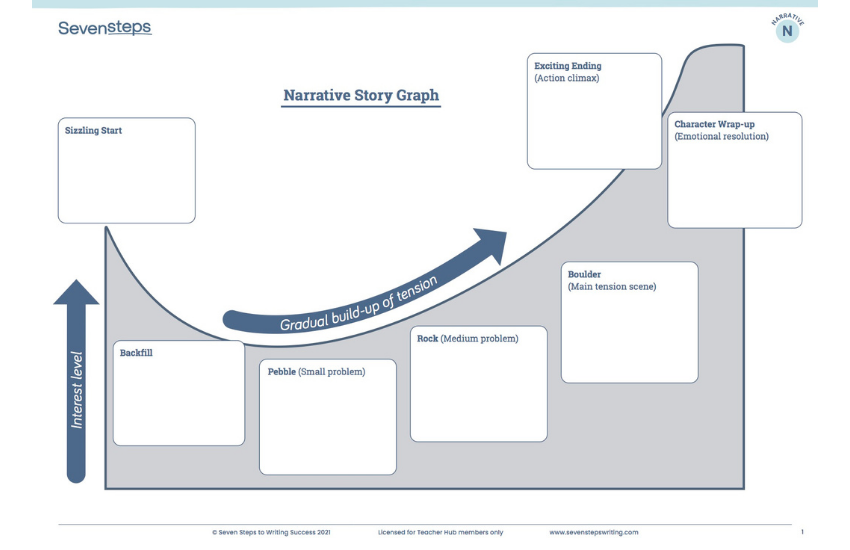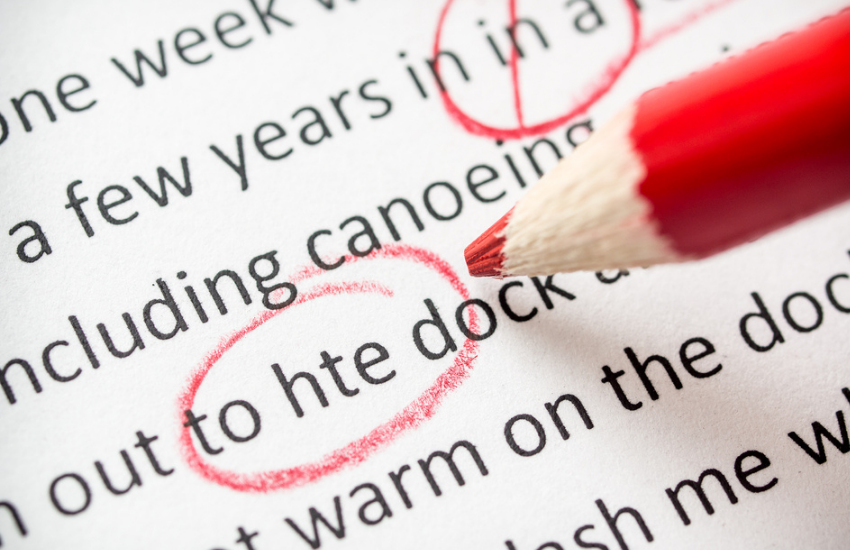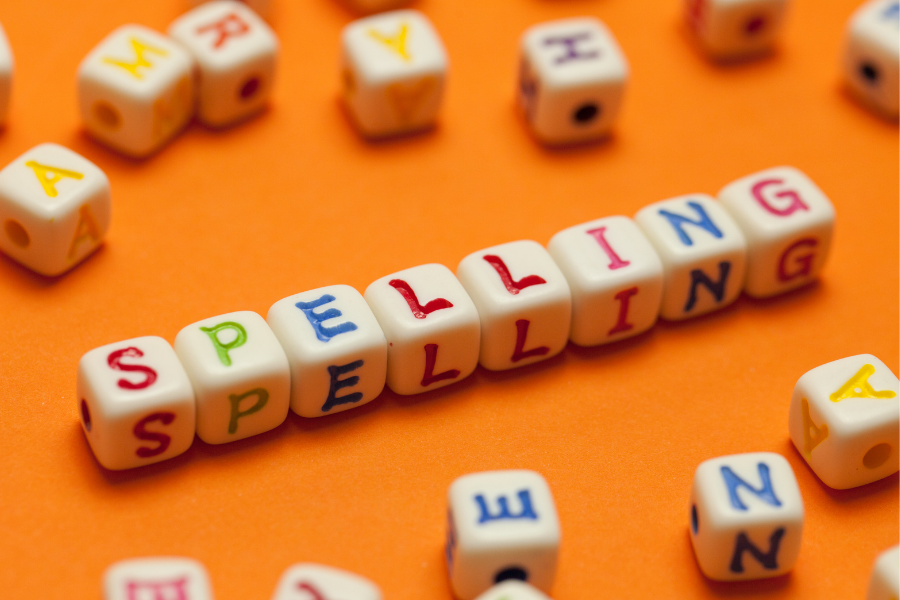No products in the cart.

4 min

Education

Admin SEVEN STEPS
Teachers and parents often ask us whether they should correct the spelling when they look at a piece of writing.
Our answer is, yes, but not at first. Let us explain…

The big picture
When a story is created, there are a huge number of things a writer must do. Here are just a few:

Come up with a plot line
- Create the main character – they should be brave, strong and clever, but they need a couple of faults too.
- Create the villain – they should be just as strong as the hero or heroine.
- Create the secondary characters − the faithful sidekick, the weird best friend …
- Establish the main problem – it should be major, e.g. failing a final exam which means you didn’t get into the sports team and your chance of being a star footballer is utterly ruined.
- Decide on an interesting setting − where should it all happen? A beach, a boat, a beaten up old house?
Choose an appropriate writing style
- In the tension scenes, perhaps short sentences would be better.
- Maybe the narrator could have an ironic sense of humour, e.g. ‘I never said I was a good swimmer … I just never told Tony I was totally terrified of water.’
- The villain should use short words and lots of slang.
Use the Seven Steps writing techniques
- How can I make the fight between the two kids convincing? – I know, I’ll use dialogue (Step 4) and have them shouting across the playground.
- How can I make that scene of the ski race really tense? – Maybe I’ll have the clock counting down the seconds of the time he has to beat (Step 3).
- The start seems a bit boring, should I start the story in the morning? – No, maybe I should begin right when the kids start screaming for help (Step 2).
In publishing fields, all this big picture creating and fixing is called structural editing.


The fine detail
Once all the big structural stuff is done then it is time to focus on the line editing. This is the time to focus on the fine detail (i.e. nit picking). For example:
- Reword sentences to make them less wordy, e.g. ‘The house that Jack was building on his land’ could be changed to ‘The house that Jack built’
- Put in commas, colons and other punctuation to make the text easier to read.
So, where does the spelling come in? After ALL this! There is no point fixing the spelling first if you are going to end up deleting a whole paragraph or totally changing the fight scene. It’s a waste of time.

Positive and powerful feedback
So, in response to the question should you fix a child’s spelling? Sure, but only as a small favour at the end. First you need to give positive and powerful feedback on the big picture things. For instance:
- The plot line is excellent.
- Your main character is very convincing.
- You used great dialogue in the final scene.
And then, quietly, casually, you can throw in a last-minute question: ‘Oh, by the way, there are a couple of spelling errors here. Do you want me to fix them for you?’
| [Related Blog]: Ban the Boring – An exciting editing tool |

Workshop One: Seven Steps to Transform Writing
Your perfect start to teaching the Seven Steps
Learn how to break down writing and build up student confidence.






